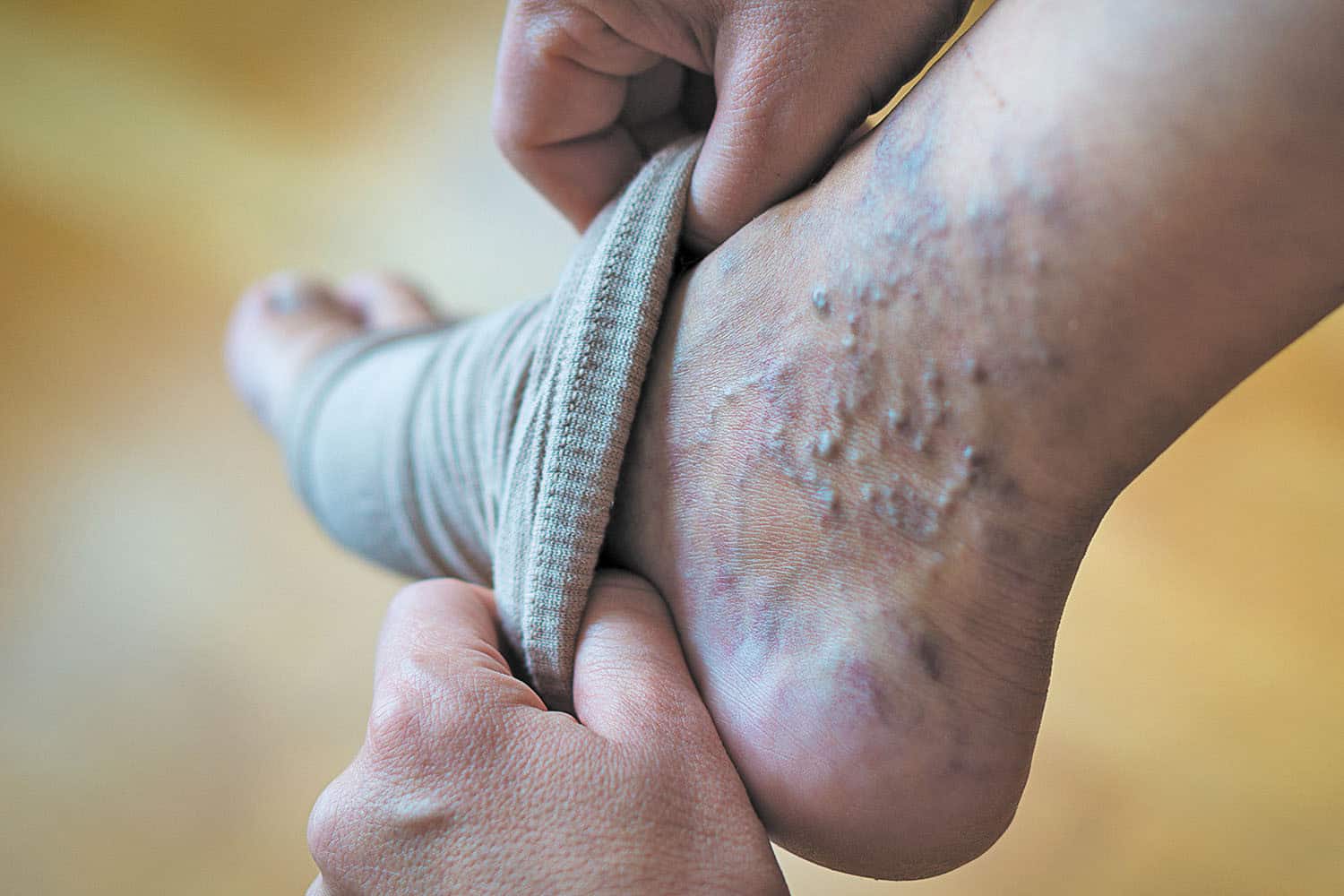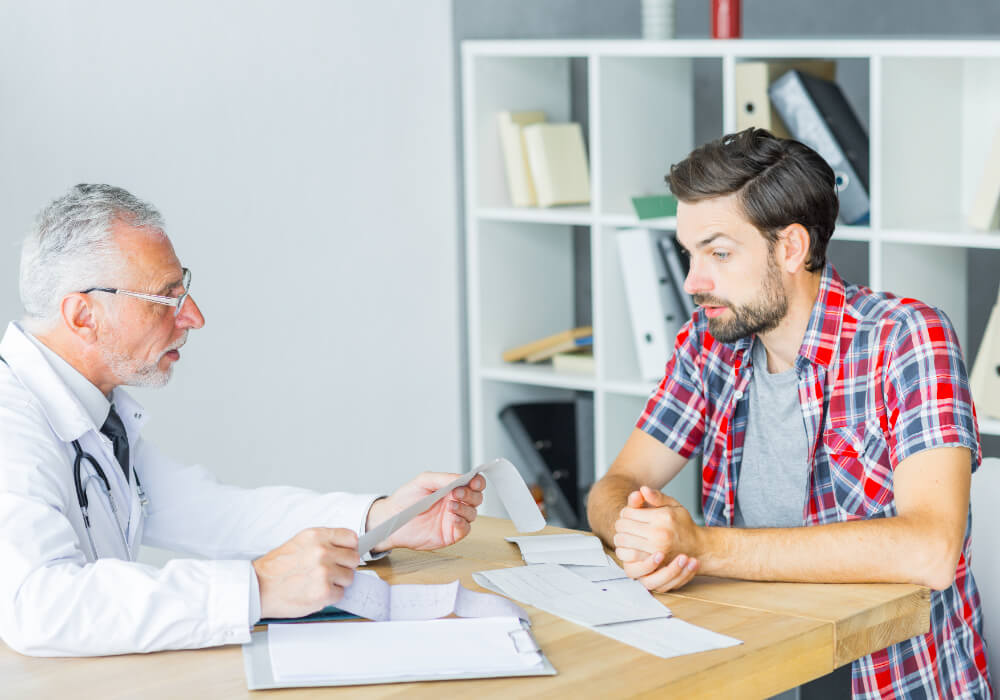Varicose Veins: Causes, Symptoms, and Treatment Options
Varicose veins are a common condition that affects many people, especially as they age. They occur when the valves in the veins weaken, causing blood to pool and the veins to bulge. This can lead to a variety of symptoms, including pain, swelling, and fatigue in the legs.
What Are Varicose Veins?
Varicose veins are enlarged, swollen, and twisted veins that often appear blue or dark purple. They occur when faulty valves in the veins allow blood to flow in the wrong direction or pool, leading to increased pressure and vein dilation. While commonly found in the legs, varicose veins can develop in other areas of the body as well.
Understanding How Varicose Veins Form
Veins transport blood back to the heart, and they have valves that prevent blood from flowing backward. When these valves weaken or are damaged, blood accumulates in the veins, causing them to stretch, twist, and become varicose. This is often a result of prolonged pressure on the veins, either due to lifestyle, genetics, or medical conditions.
Common Causes of Varicose Veins
Several factors contribute to the development of varicose veins, including:
- Genetic Predisposition A family history of varicose veins significantly increases the likelihood of developing the condition. Genetic factors influence vein wall strength and valve functionality.
- Hormonal Changes Hormonal fluctuations during pregnancy, menopause, or due to contraceptive pills can weaken vein walls and valves, increasing the risk.
- Obesity Excess body weight adds pressure to the veins, particularly in the legs, and impairs normal blood flow.
- Sedentary Lifestyle Prolonged sitting or standing can hinder proper blood circulation and lead to vein issues.
- Aging As people age, veins lose elasticity, and valves may weaken, leading to varicose veins.
Symptoms of Varicose Veins
Varicose veins may cause mild to severe symptoms, which include:
- Visible veins: Bulging, twisted veins, often blue or dark purple, appearing on the surface of the skin.
- Leg pain or discomfort: A throbbing, aching, or heavy sensation in the legs, especially after long periods of standing.
- Swelling: Swelling around the feet and ankles.
- Skin changes: Itching, dryness, or darkened skin near the affected veins.
- Complications: In severe cases, varicose veins can lead to ulcers, blood clots, or bleeding.
Treatment Options for Varicose Veins
There are several effective treatment options for varicose veins, ranging from conservative measures to minimally invasive procedures:
Conservative Treatments
- Compression Stockings: These specialized stockings can help improve blood flow and reduce swelling.
- Elevation: Elevating the legs can help reduce swelling and discomfort.
- Exercise: Regular exercise, such as walking or swimming, can improve circulation.
- Weight Management: Maintaining a healthy weight can reduce pressure on the veins.
Minimally Invasive Procedures
- Sclerotherapy: A solution is injected into the veins to cause them to collapse and fade.
- Laser Therapy: A laser is used to heat and destroy the affected veins.
- Endovenous Laser Treatment (EVLT): A laser fiber is inserted into the vein and used to heat and seal it closed.
- Radiofrequency Ablation (RFA): Similar to EVLT, RFA uses radiofrequency energy to heat and seal the vein.
The best treatment option for you will depend on the severity of your varicose veins and your individual needs. A healthcare provider can assess your condition and recommend the most appropriate treatment.
Prevention of Varicose Veins
While not all varicose veins can be prevented, certain measures can reduce their risk:
- Exercise regularly to improve circulation.
- Maintain a healthy weight to avoid extra pressure on veins.
- Elevate your legs whenever possible to assist blood flow.
- Avoid high heels and tight clothing that restrict blood flow.
- Adopt a balanced diet rich in fiber and low in salt to minimize swelling and promote vascular health.
Conclusion
Varicose veins are a common condition that can cause discomfort and cosmetic concerns. Fortunately, with a combination of lifestyle adjustments and advanced medical treatments, most people can effectively manage or eliminate varicose veins. If you suspect you have varicose veins, consult a healthcare professional for an accurate diagnosis and personalized treatment plan.
Schedule an appointment with our clinic for varicose veins treatment options (972) 875-4700 Or visit us https://specialtycareclinics.com/locations/ennis/


